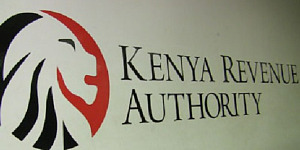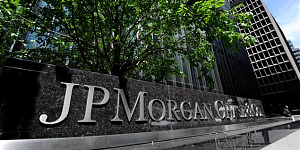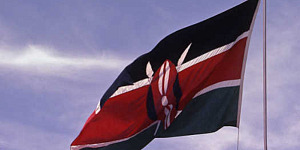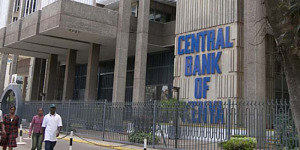Fitch Ratings-London-04 September 2019: Kenyan banks' earnings and loan growth will stay subdued while the country's lending rate cap remains in place, Fitch Ratings says in a new report.
Restricting the interest charged on lending has helped some borrowers and limited the profit that banks can make from them, but it has also had unintended side-effects, including dampening loan growth, despite its aim to make credit more accessible and affordable.
The authorities capped loan interest rates in September 2016 at 400bp above the prevailing central bank policy rate (currently 9%) in response to social and political opposition to high interest rates being charged to borrowers. The cap has hit banks' earnings, with the spread between loan and deposit rates more than halving, although customer fees and other non-interest income continue to underpin profitability.
The rate cap has caused banks to shy away from lending to perceived riskier sectors as it has limited their ability to price correctly for risk. This has contributed to a slowdown in lending to the private sector, particularly to SMEs, which are the bulk of Kenya's economy. Banks have also shifted their asset mix in favour of government securities, which offer attractive yields relative to their lower risk, and carry a capital benefit. Gross loans grew by only 5% on average for Kenya's eight largest banks in 2018, compared with 6% in 2017, 7% in 2016 and 17% in 2015.
The loan rate cap also contributes to asset-quality weakness. Emerging markets such as Kenya rely on banks to lend to the real economy, and losses start to rise when certain industries are starved of credit. The non-performing loans (NPLs) ratio for the eight largest banks rose to 8.9% at end-2018 from 6.6% at end-2017, with the effect of rising impairments amplified by low loan growth. We expect asset-quality pressures to persist throughout 2019 with the average NPL ratio for the large banks likely to reach 10% by end-2019.
Capital metrics are good by international standards but sensitive to asset-quality deterioration given relatively high net impaired loans. The Fitch Core Capital (FCC) ratio was 16%-18% for seven out of the eight largest banks at end-2018, but unreserved NPLs were equivalent to 14% of FCC.
Kenya's High Court declared the cap unconstitutional in March 2019 but suspended the ruling for 12 months to allow parliament to re-examine the law. We do not expect an immediate repeal; we think a substantial modification is more likely.
Link to Fitch Ratings' Report(s): Large Kenyan Banks: 2019 Peer Review.







































